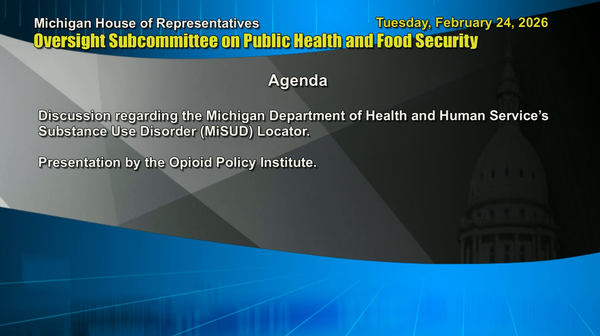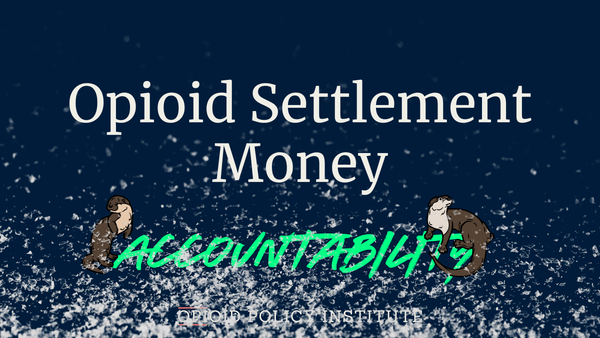Addressing Pharmacy Bupe Access, Together
Our new tool helps people find bupe at pharmacies in their community and report the pharmacies that don't stock this life-saving medication.
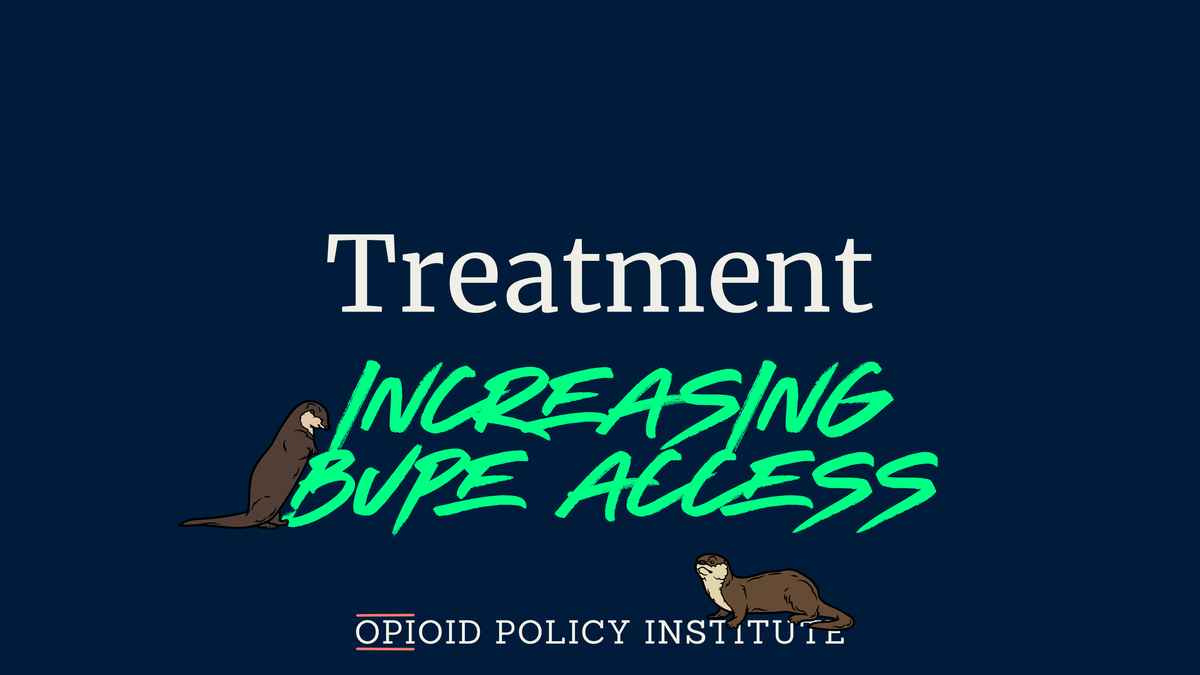
~50% of pharmacies don't stock buprenorphine...
that's a massive problem.
Alongside methadone and naltrexone, buprenorphine (bupe) is recognized as the gold standard for supporting people with an opioid addiction. Bupe reduces cravings, eases withdrawal, and lowers opioid overdose risks. But access to these FDA-approved medications has long been deliberately restricted. For bupe this primarily happens at pharmacies, but it is also withheld by providers with antiquated approaches to treatment. For methadone, it's the overly controlling opioid treatment provider restriction imposed by the government.
The barriers are rooted in systemic oppression: racism, classism, the criminalization of survival, and the stigma that dehumanizes people who use drugs. These barriers are tools of control, reinforcing hierarchies that prioritize profit and punishment over care and autonomy.
Through a mutual aid framework, we have developed a community-led solution that puts power back in the hands of those most affected by the opioid crisis. The fight for bupe access is part of a larger struggle towards a world where needs are met and flourishing is enabled.
I’ll never forget watching people in West Virginia rush to the only pharmacy in town that filled bupe prescriptions. While salient, this has never been an isolated issue, and it isn’t just a failure of the system. It is the system working exactly as intended: to limit access, to punish, and to abandon those who need support the most. It wasn't right then. It's not right now.
Our Solution
We developed a crowdsource platform to help people help people find bupe at the pharmacy.
Check it out at findbupe.org
Find BupeBy enabling knowledge sharing about bupe access, our tool helps people reclaim control over their care. This isn’t just about mapping where medicine is available—it’s about exposing the deliberate barriers that keep life-saving treatment out of reach. The state and medical institutions have failed to address this crisis, leaving people to navigate a broken system alone. This tool is a step towards fixing that.
Our resource isn’t perfect. It relies on people already fighting against an unjust system to do another thing (i.e., report bupe access issues). This is not ideal. Better solutions might exist in the future, including meaningful policy changes (more on this later..it's not going well).
We wish we could pull real-time bupe availability like the McFlurry down detector (an inspiration !) but pharmacies don’t make that data available for controlled substances.
By design, the database starts today with zero pharmacies. It's utility only comes from community members using it and sharing it. We hope it can meet those aims.
Whether you're a person taking bupe, a provider, a harm reduction worker, or a pharmacist, you have a role in reporting bupe access to help people navigate this system.
This tool is just the start—a way for us to support each other, share resources, and organize. Our goal isn’t just to highlight the gaps; it’s to fill them ourselves, through solidarity and direct action.
Watch Our Demo
Why Now?
Like we said up top, bupe access has been something that bugged us for a while. We’ve been collecting ideas and notes on this issue since 2017. While we have done some research and advocacy related to these problems from that folder (and hope that has had an impact...) it has long been time for direct action.
Two things changed since 2017 that make this direct action possible: technology and nothing.
Technology!
Honestly, this resources was only possible after the advances in coding LLMs and some very late nights. Our privacy research and hobbies have slowly built up these skills to make something private and secure to address bupe pharmacy access. We wanted the resource to be maximally private and secure (we'll have a post on how we did this later) and most off the shelf solutions didn't cut it. With the support of LLMs we we're able to build findbupe.org from scratch so we have total control over how the website operates so it protects people who we hope will come to rely on the service.
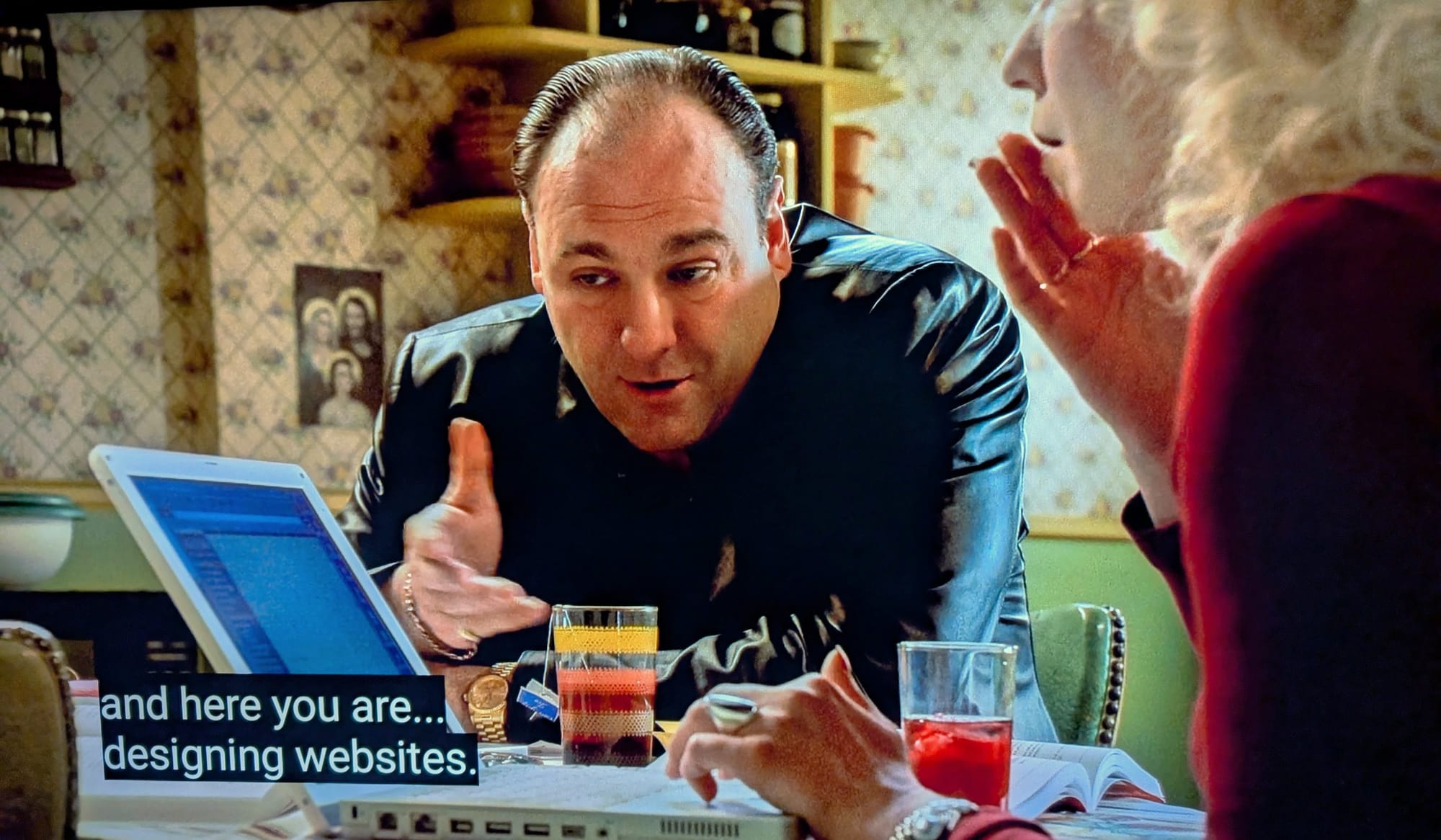
Nothing!?
Each time this issue comes up, either in research we read or talking with folks affected by it, I am frustrated that it hasn't been resolved. My epiphany came when a Michigan Senate bill, supposed to improve bupe access, was gutted by the pharmacy trade group. They had the gall to say publicly that this limp, ineffectual piece of garbage legislation was a sign that access would get better.
It was further proof: they’re not allies in this fight. Real change won’t come from the people who have long restricted access and fight to preserve their business interests over the needs of patients. The solutions has to come from the communities most affected. So I channeled that frustration into building something that might actually help.
A Note on Other Medications for Opioid Addiction
We don't favor any approach to treat opioid addiction besides evidence-based approaches. Said another way, all the medications to treat opioid addiction are important and should be made available. The thing is, the only one that is at a pharmacy (and not many pharmacies) is bupe. We believe methadone should also be unburdened by existing policy and we stay engaged in that fight. However, this tool is lazer focused on pharmacy access, and since bupe is the only one held back by that, that's where we're engaging right now.
Learn more about why this project is focused on bupe: What About Methadone and Naltrexone?
Our Funding
lol.
Like with our other projects, we built this in response to a need without any financial support. We don't wait for external validation from granting organizations to take on an issue. If it needs to be done, we'll do it (sometimes it just takes longer without resources... sigh) or partner with someone who can do it with us.
Setting up this service was fairly low cost, running it might be more expensive...just depends on how successful it is. Our dashboard will give a sense of that on the 1st of every month. In the meantime, we hope you'll consider donating to our effort, either by reporting data, spreading the word, or other contributions.
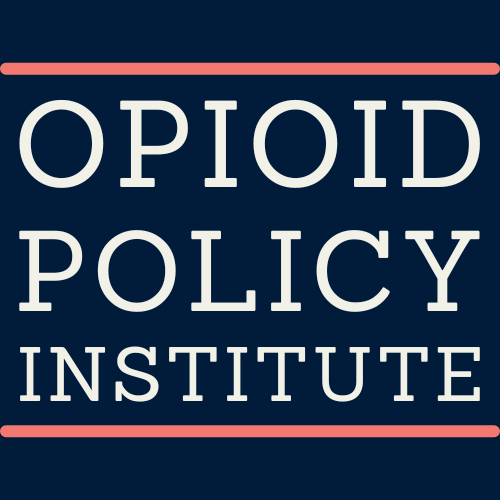
Opioid Policy Institute by Jonathan JK Stoltman, PhD is licensed under CC BY-NC-SA 4.0


